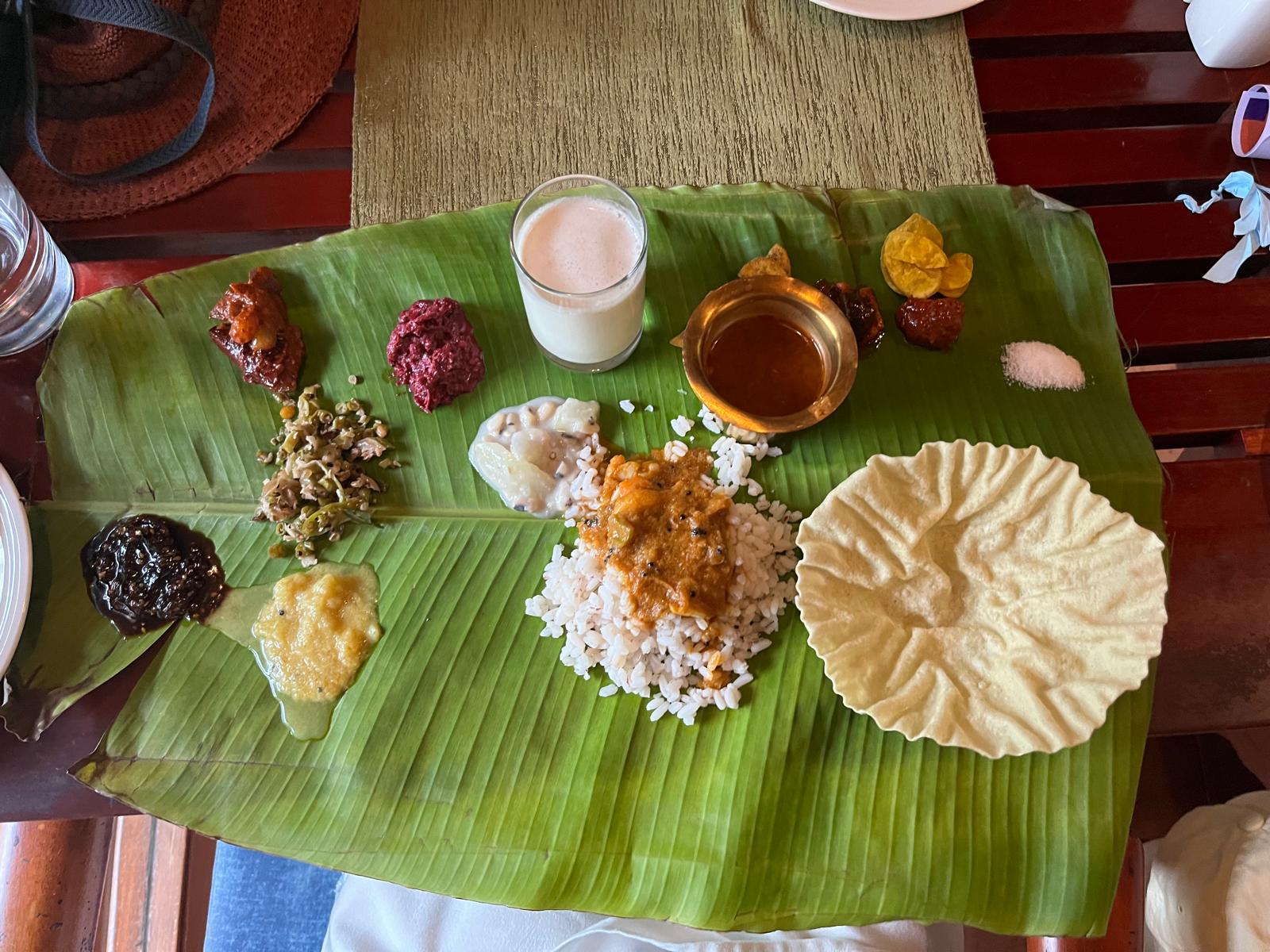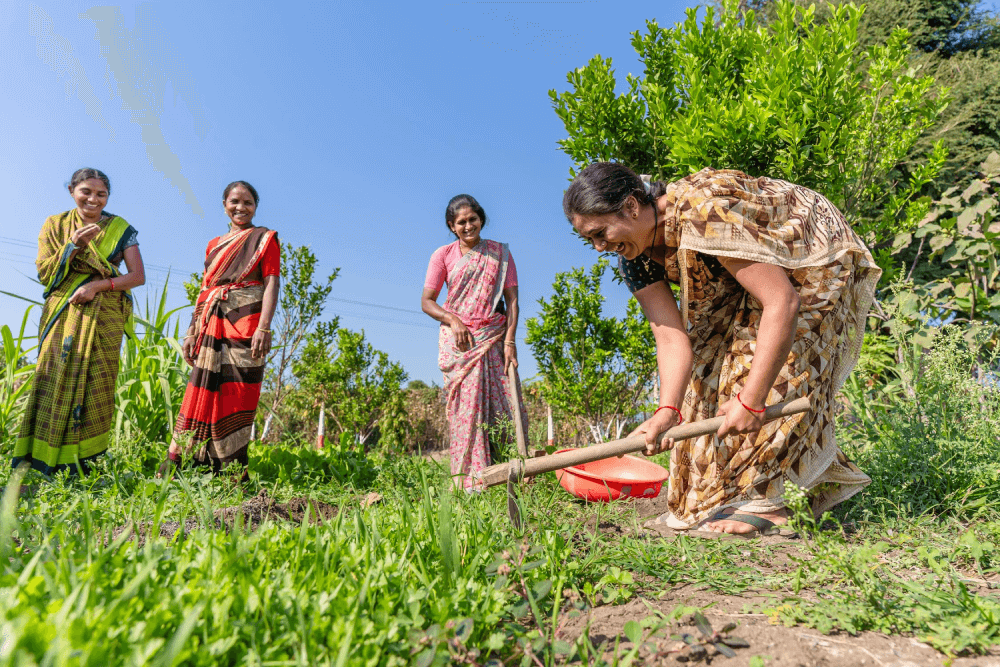All Pitara products will:

We are health-conscious like our ancestors - no processed foods, additives, refined sugar, or other nasties are invited to our party!

This coffee comes from some of the most marginalized indigenous communities in India. Currently, their farms are too small to justify getting organic certification, but we hope future product sales provide enough stability to do so.
FAQs
How do pre-orders for Pitara work?
When you place a pre-order with us, your card will be charged before your items are shipped. This helps us plan better and ensure you receive the freshest coffee possible. If you need your items earlier, feel free to contact us, and we’ll do our best to accommodate your request. Pre-orders allow us to aggregate orders, reducing waste and ensuring efficient production.
How long will it take to receive my items?
All pre-orders are set to ship by mid June unless you’ve requested a different timeline during the ordering process. By aggregating orders, we can minimize shipping costs, reduce environmental impact, and focus on delivering the highest quality products. If you have specific timing needs, let us know—we’ll always do our best to make it work!
Why should I pre-order?
By pre-ordering, you’re directly supporting our soft-launch and helping us create a sustainable business model. Your support will enable us to offer our unique products, like Indian coffee, year-round and explore sourcing more amazing goods from South Asian small businesses. Pre-ordering also ensures you get the freshest batch of coffee, roasted specifically for you!
Rather than hoarding inventory, we will be shipping based on real demand, which helps us minimize waste and maintain the highest quality. Thank you so so so much for considering pre-ordering—it means the world to us!
What does “Desi” mean?
A sense of belonging to South Asian culture, in terms of food, clothing, language, and traditions. South Asia includes India, Pakistan, Nepal, Bangladesh, and Sri Lanka but we feel “desi” also extends to the diaspora in the West Indies (we see you Guyana!). We use the word “desi” with intention - we wish our brand to be a force of unity, learning & understanding for the South Asian diaspora in the West.
Why do you use “South Asian” in certain spots on your website rather than “Indian” if your products are from India?
While our coffee is sourced from India, we use “South Asian” in many places to honor and respect the rich cultural connections across the entire region. South Asia encompasses countries like India, Pakistan, Nepal, Bangladesh, Sri Lanka, and more, and many beloved traditions, foods, and languages are shared across these borders.
For example, Chai is adored throughout the region and isn’t exclusive to one country—it’s a unifying tradition. If we ever source tea leaves from Assam, we’d also celebrate how chai transcends national boundaries.
By using “South Asian,” we aim to foster inclusivity and avoid narrowly "owning" cultural elements that are in fact shared. There are so many complex layers to these connections, which we’ll continue to explore on our blog and social media—stay tuned!
Is there a way to contribute directly to the farmers?
Yes! We’re working on initiatives to offer you the opportunity to contribute directly to the farming communities we work with. Stay tuned as we develop a model to enable you to help support the sustainability efforts and livelihoods of the farmers behind Pitara’s blends. In the meantime, purchasing our coffee directly benefits these communities.
What is the market price vs. fair trade price for coffee? Why is the fair-trade price currently lower than the market price for coffee?
- Market Price: The price coffee trades at in global markets, influenced by supply and demand. Recently, market prices have risen due to climate disruptions and increasing global demand.
- Fair-Trade Price: A minimum price set to ensure farmers earn a livable wage, even when market prices drop. However, when market prices exceed this minimum (as is the case now), the fair-trade price can appear lower.
The problem isn’t the fair-trade model but the volatility of global coffee markets. By sourcing directly from organizations which care about farmers, we ensure they are paid fairly, regardless of market fluctuations, empowering them to focus on quality and sustainability.
Where is your coffee roasted?
Currently, our coffee is roasted in Bangalore, India by a specialty roaster, close to the farms where it’s grown. After our soft launch, we aim to source a roasting partner in the US to enable quicker, more regular shipping while maintaining the quality and integrity of our coffee.
Isn’t all coffee in the US imported?
Yes! All coffee in the US is imported because coffee plants only thrive in tropical climates found between the Tropics of Cancer and Capricorn. The US imports coffee from many regions, such as Ethiopia, Colombia, and Vietnam. Similarly, many of the spices commonly used in American kitchens are also imported from tropical regions, including cinnamon, cardamom, pepper, and turmeric, which often come from countries like India, Sri Lanka, Vietnam, and Indonesia. Indian coffee travels a similar distance, making it just as sustainable and exotic as the world’s most beloved origins. By choosing Indian coffee, you’re also supporting an origin that’s less represented in the global coffee market but just as rich in heritage and flavor.











